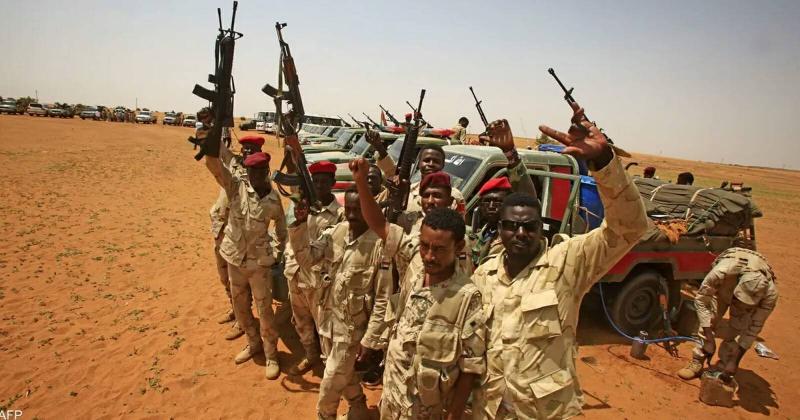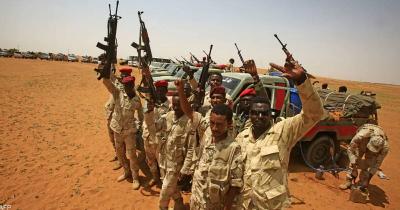Fierce clashes renewed today, Sunday, in Omdurman and Khartoum North between the Sudanese army and the Rapid Support Forces. The Sudanese army stated that its forces conducted a successful operation in the regions of Engineers, Return, and Hamd al-Nil in Khartoum. The Sudanese Ministry of Health reported that at least four civilians were killed, and four others were injured in an attack by drones launched by the semi-military Rapid Support Forces on a hospital in Omdurman. It stated, "The rogue Rapid Support militia targeted the Medical Corps Hospital in Omdurman in the emergency department, resulting in the martyrdom of four civilians in front of the emergency department and injuries to four others who require urgent surgical intervention." The World Health Organization announced that "the events in Sudan have led to the death of more than 1,000 people, 12,000 injured, and the displacement of over 3 million people." Communications were interrupted for several hours in the Sudanese capital, while fierce battles continued between the army and the Rapid Support Forces in various areas of Khartoum, with humanitarian organizations warning of the worsening crisis.
Human rights organizations and activists in Sudan told Reuters that they have evidence that the semi-military Rapid Support Forces have detained more than 5,000 people in inhumane conditions in the capital, Khartoum. The Rapid Support Forces claimed the reports were untrue, asserting that they only hold war prisoners who are treated well. They added, "The organizations turn a blind eye to the army's violations of civilian rights, including aerial bombardments, heavy artillery shelling, arrests, and the distribution of weapons to civilians." They noted that there are fighters among the detainees in various locations in Khartoum, but also 3,500 civilians, including women and foreign nationals.
The commander of the Rapid Support Forces, Mohamed Hamdan Dagalo, announced in a statement on Twitter: "In commitment to the principle of dialogue as an essential necessity for reaching a comprehensive political solution, and due to the developments in the country as a result of war, which necessitates ending it through extensive consultations to address the roots of the accumulated national crisis, I have issued the following decision: the establishment of a communication committee with political forces, community organizations, and armed struggle movements. This decision establishes a committee called 'The Committee for Communication with Political Forces, Community Organizations, and Armed Struggle Movements' headed by Youssef Ezzat. The committee has the following tasks: to hold extensive consultations regarding the ongoing Sudanese crisis and the current war and the best path to reach a comprehensive solution that addresses the crisis from its roots with the participation of all political, youth, and community forces."




